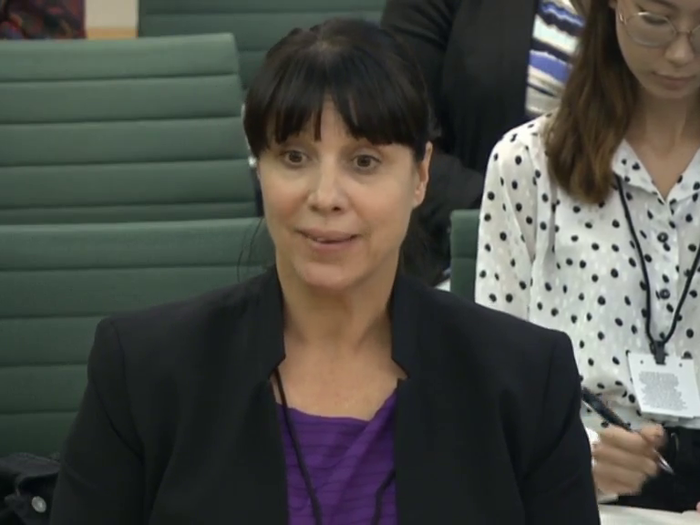- Home
- slideshows
- miscellaneous
- EA doubled down on loot boxes in games during a hearing with UK lawmakers, comparing them to Kinder Eggs and saying they're 'actually quite ethical'
EA doubled down on loot boxes in games during a hearing with UK lawmakers, comparing them to Kinder Eggs and saying they're 'actually quite ethical'
The loot boxes in "Star Wars: Battlefront II" gave EA's "surprise mechanics" a bad reputation.

"FIFA 19" is EA's biggest game and loot boxes are at the core of one its most popular modes, Ultimate Team.

In EA's soccer game, "FIFA 19," players can purchase loot boxes in the form of randomized player cards. The cards are used to build a team of star players in a competitive mode called "FIFA Ultimate Team," but the best players are hard to find. In fact, some of the rarest cards in FIFA 19 show up in less than 1% of packs. Cards can be earned by playing, though it can take hours of play to earn new packs.
These factors lead some people playing "FIFA 19" to purchase more packs to find the best players faster. Though Hopkins said that about 85% of card packs are earned through gameplay, coveted cards are rare enough that a small black market has developed for players to sell and exchange their Ultimate Team Cards — violating EA's terms of service in the process.
Hopkins told the committee that EA bans thousands of FIFA players each year for the illegal sale of items. The company doesn't limit how much players can spend on card packs, but it does monitor their spending for customer service and security concerns.
When asked if EA would consider limiting playtime, Hopkins said people should be able to determine how much time they want to spend on their hobbies.

The DCMS also asked whether EA monitors or limits individual playtime for players. Hopkins said EA looks at how often players log into a game and which modes are most popular, but doesn't track raw playtime.
When committee members asked whether EA would consider setting time limits to keep players from playing too much, Hopkins said that gamers should be allowed to choose how much time they spend on their hobbies.
"There are players who play quite a bit and live happy lives, and gaming is what they do. There are players who jump in and out of games like pretty much any sport, any activity," Hopkins said. "Some people probably think I spend too much time reading books, and I know my partner spends too much time playing pool, but he spends that time playing pool because that's what he enjoys doing and that's how he gets very good at it."
"It's really not something we could look at and say, 'well this person played too many hours and therefore its unhealthy,'" Hopkins continued. "Consumers have to have choice, and they have to have a right to privacy, that's very important."
Despite the criticism, "surprise mechanics" are still in high demand, and won't be going away anytime soon.

Regulators in the US, Europe, and China are still exploring how different monetization practices impact the way people approach video games. While government officials are prioritizing the safety of children, understanding and identifying video game addiction remains an issue for adults as well.
Whether players feel compelled to buy loot boxes, or just buy them for fun, the trend's popularity suggests that there's a vested business interest that goes beyond providing a simple surprise.
Popular Right Now
Advertisement